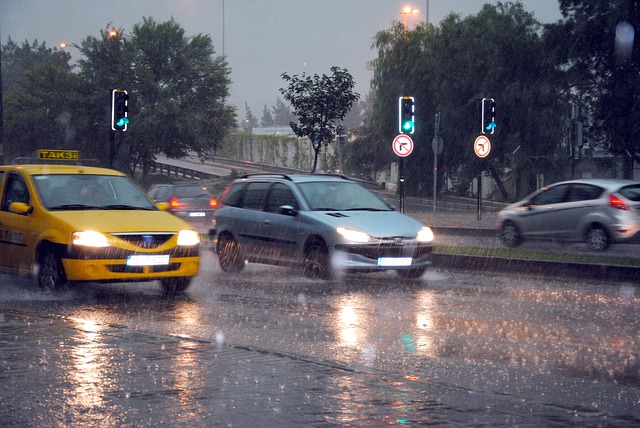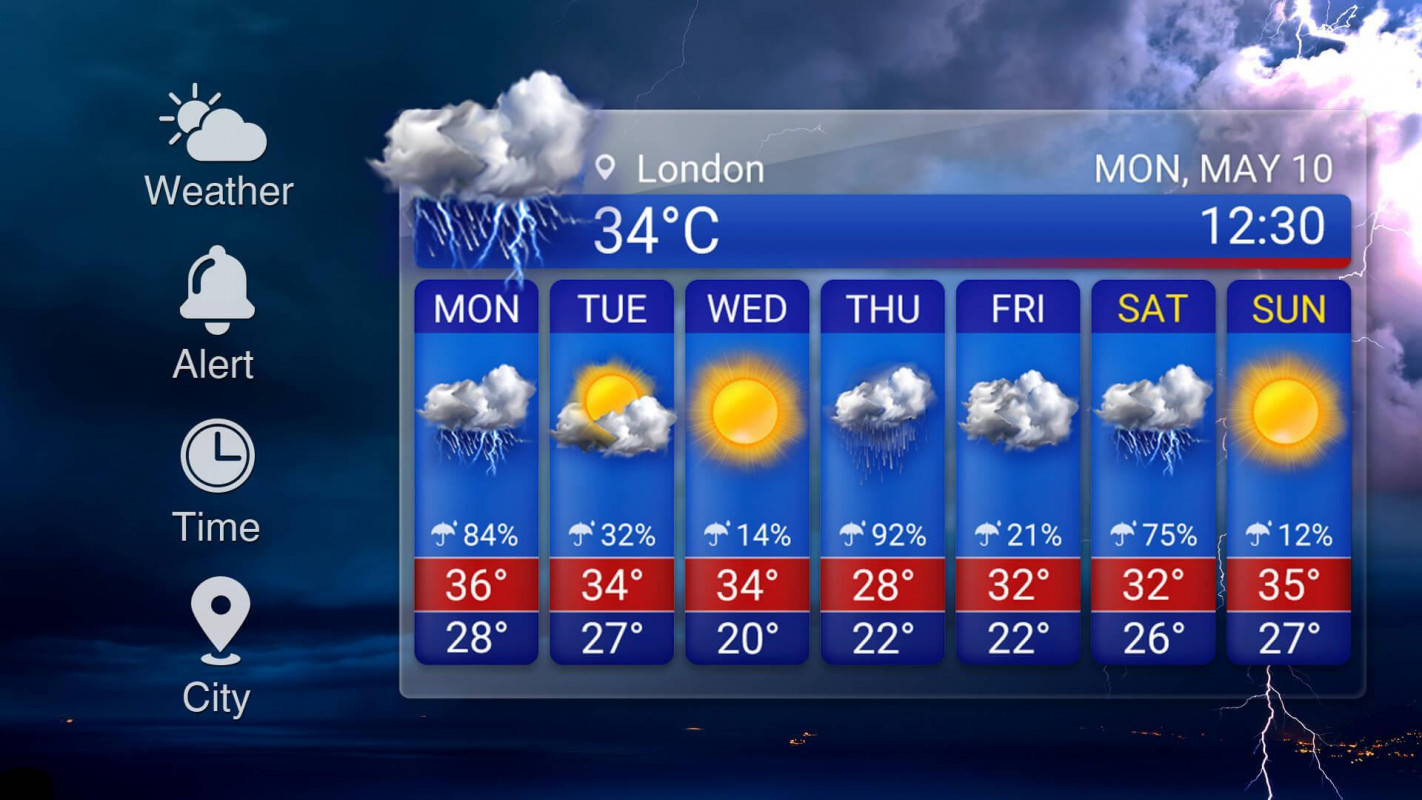 Did you know that 9 out of 10 Americans check the weather more than three times a day?
Did you know that 9 out of 10 Americans check the weather more than three times a day?
Weather forecasting certainly plays a major role in our daily lives. Now, more than ever, we need to adapt to unpredictable weather conditions that result from climate change.
DeepMind, a Google artificial intelligence (AI) company, has developed a new technology called "nowcasting" that can calculate the chances of rain within the next 90 minutes!
So how does this new technology work? Let’s take a look.
A "Smarter" Prediction
Deepmind aims to find solutions to real-life science problems. In December 2020, for example, the company successfully used AI to predict the shapes of virtually every protein in the human body, as well as in twenty of the most studied animals, such as fruit flies! This will aid scientists in developing drugs to cure diseases.
Now, DeepMind has used AI technology to create a system that can accurately predict rainfall within the hour. Engineers at DeepMind worked with researchers at the University of Exeter and the Met Office, the UK’s national weather service.
 The researchers "trained" their AI model to predict the time and location of rainfall by feeding it radar data. Radar data is similar to a stop motion movie, composed of many snapshots taken at different times of the day. The data represents the formation and movement of clouds across the country.
The researchers "trained" their AI model to predict the time and location of rainfall by feeding it radar data. Radar data is similar to a stop motion movie, composed of many snapshots taken at different times of the day. The data represents the formation and movement of clouds across the country.
Once "trained", the AI system can generate its own data from the patterns. To understand this better - imagine that you pause a movie halfway. Having watched enough of the movie to follow the story, you might form your own predictions of what could happen next. Similarly, the AI can make a conclusion based on the radar patterns it has analyzed thus far.
Why Is It Better?
Current forecasting techniques use weather prediction systems based on equations. Even though they are extremely powerful, these systems perform better with long-term forecasts.
Since the AI system draws on real-time radar data, it has proven useful in forecasting weather in the short term. It is especially accurate in forecasting location, movement, and amount of rainfall. This was confirmed by 56 professional weather forecasters who tested the system.
By predicting storms quickly and efficiently, the system could help save lives, enabling local populations to prepare for extreme weather events. DeepMind’s AI approach to weather predictions could also benefit many industries, such as water management, agriculture, and aviation.
Researchers are currently seeking to improve the AI system's accuracy. Nowcasting presents an exciting opportunity to effectively predict weather events, especially rare or intense ones caused by our changing environment.
Sources: BBC, Technology Review, Deep Mind







